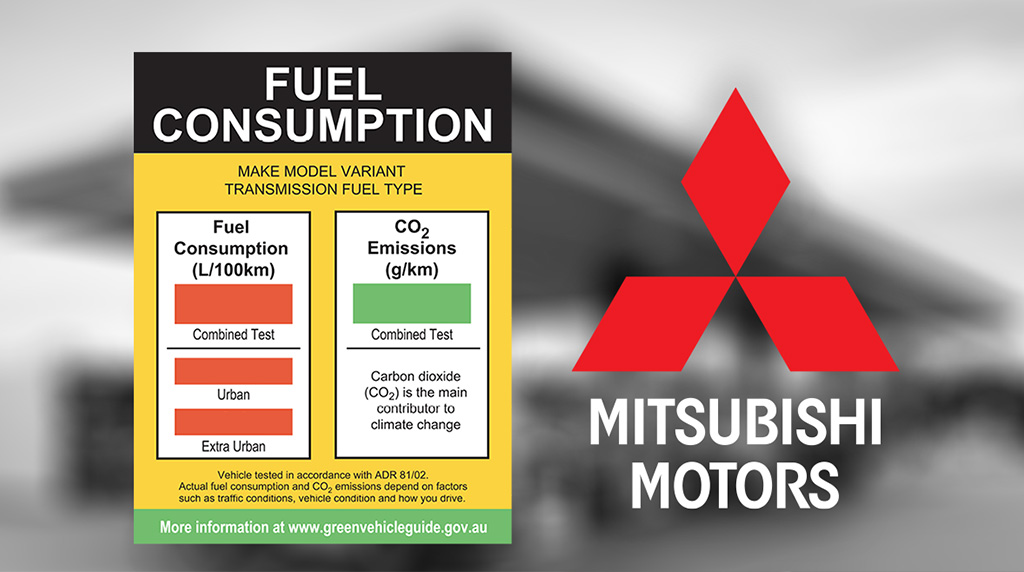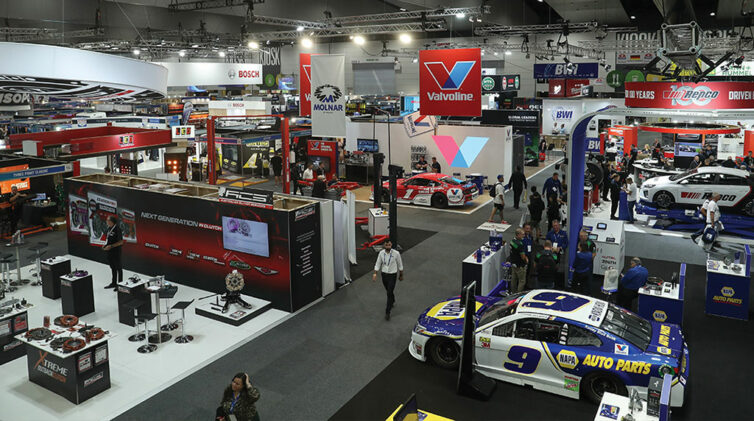The action is in addition to the hearing of an appeal by Mitsubishi Motors Australia Ltd (MMAL) that is expected in court in the first half of 2022 as part of a long-running court action brought by Triton owner Mr Zelko Begovic in 2019.
The new and separate class action as proposed would have very significant repercussions for all OEMs operating in Australia. Should the class action succeed it would unleash an avalanche of similar class actions against all OEMs.
It also has the potential, should MMAL be found to have breached the Australian Consumer Law (ACL) for deceptive and misleading conduct, to see MMAL (or any other affected OEM for that matter) sue the federal government for any damages it incurs for simply obeying the letter of the law under Australian Design Rule 81/02.
GoAutoNews Premium understands that the potential for such legal action against the government has been pointed out to Canberra.
The crux of the case is that OEMs must do fuel consumption tests for the fuel labels that they are required to affix to the windscreens of all the new cars their dealers retail.
The federal government stipulates the way the tests are conducted and the result of that procedure determines fuel consumption number is required to be displayed on the label.
But those who regularly record fuel consumption figures over a wide variety of models (motoring writers, for example) know that fuel consumption figures quoted by car companies who follow the approved laboratory test protocol have always been considered optimistic at best.
The primary purpose of the fuel figures posted on the windscreen labels is to allow consumers to compare the fuel consumption of different vehicles using common test procedures. The tests are identical so the results will show that one vehicle may be more fuel efficient than another, sufficient to guide a prospective buyer.
Because of different driving and driver conditions, no OEM or industry specialist (a motoring writer, as mentioned before, is a good example) believes the posted fuel figure is exactly what the vehicle will achieve.
The class action is built around the difference between these optimistic fuel labels and the real world figures that owners of the vehicles actually achieved.
MMAL told GoAutoNews Premium the case “is without foundation” and it “will respond accordingly.”
“Importantly, Mitsubishi Motors has full confidence in the accuracy of its fuel consumption testing, which is conducted in an accredited laboratory.
“There are very specific government regulations that mandate how this testing is undertaken and how the result is displayed on the fuel consumption label of all new vehicles, with which Mitsubishi fully complies,” MMAL said.
The class action call follows the findings by the Supreme Court in June this year that sent the matter back to the Victorian Consumer Arbitration Tribunal (VCAT) for an assessment of any award.
In 2019, VCAT ordered that Mitsubishi refund the Triton owner, Mr Zelko Begovic, the sum of $39,500 because he said the fuel consumption figure on the windscreen sticker – legally required and with data based on Australian Design Rules 81/02 – of his (then) new car was not achievable.
The VCAT in 2019 heard that Mr Begovic’s Triton was using 27 per cent more fuel than the label stated. This case remains unresolved.
Now, the class action hopes to attract other Mitsubishi Triton owners who, like Mr Begovic, believe they were deceived.
The core of the issue in the class action is simply that under the Australian Consumer Law the buyers of the Tritons were misled or deceived.
A leading automotive industry legal specialist said that a claim of misleading or deceptive conduct under the ACL “does not need a demonstration that the party making the impugned representation (Mitsubishi) knew that it was misleading or deceptive or that there was any intention to deceive.
“If Mitsubishi is found liable, it just may mean that it will have a cause of action against the body issuing the consumption figures,” he said.
In June this year, after the VCAT’s decision, GoAutoNews Premium approached MMAL for comment.
MMAL responded with: “Mitsubishi Motors Australia Limited takes its obligation to comply with the law very seriously.
“We were pleased to see that there is no suggestion that Mitsubishi Motors did anything other than to comply with the law when conducting the government-mandated fuel consumption tests it depends upon to publish like-for-like consumer comparison data on the government-mandated fuel consumption labels.”
The VCAT decision was based on the ACL and that Mr Begovic was entitled to reject the Triton because it was not of acceptable quality; it did not correspond with its description; and that the fuel figure was not as Mr Begovic expected.
The Supreme Court of Victoria later found there was no suggestion that MMAL had intentionally misled or deceived Mr Begovic.
However, the court found MMAL had misled Mr Begovic because the fuel consumption results on the label could not be replicated by Mr Begovic.
Now the matter is going public with other Triton owners invited to join a class action.
Bannister Law said it has filed a class action “on behalf of Mitsubishi Triton GLS owners against Mitsubishi Motors Australia Limited and Mitsubishi Motors Corporation in the Federal Court of Australia.”
“The Mitsubishi Class Action was filed on behalf of Mitsubishi Triton GLS owners who acquired a Mitsubishi Triton Utility with Make Year 2016, 2017 or 2018 from 1 May 2015 to 25 November 2021 (Claim Period) and have experienced higher fuel consumption of their vehicle(s) than the Triton’s fuel consumption labels,” the action states.
“The class action alleges that:
- The consumption labels affixed to each Affected Vehicle and brochures published by Mitsubishi made several false and misleading representations about the fuel efficiency of the Affected Vehicles. The representations were false and misleading because the fuel consumption results on the labels and in the brochures were significantly lower than the fuel consumption results the Affected Vehicles would have achieved if tested properly under the relevant Australian Design Rule
- The Affected Vehicles were defective and did not comply with the statutory guarantees of acceptable quality or supply by description under the Australian Consumer Law. This is because the fuel efficiency of these vehicles diverged significantly from what was represented on the labels and in the brochures
- Persons who acquired Affected Vehicles during the Claim Period have suffered loss and damage by reason of Mitsubishi’s false and misleading conduct and by reason of the fact that the Affected Vehicles did not comply with the statutory guarantees of acceptable quality or supply by description.
“The class action is being funded by Woodsford and operated as a litigation funding scheme under ASIC requirements.”
By Neil Dowling adn John Mellor















 Read More: Related articles
Read More: Related articles

